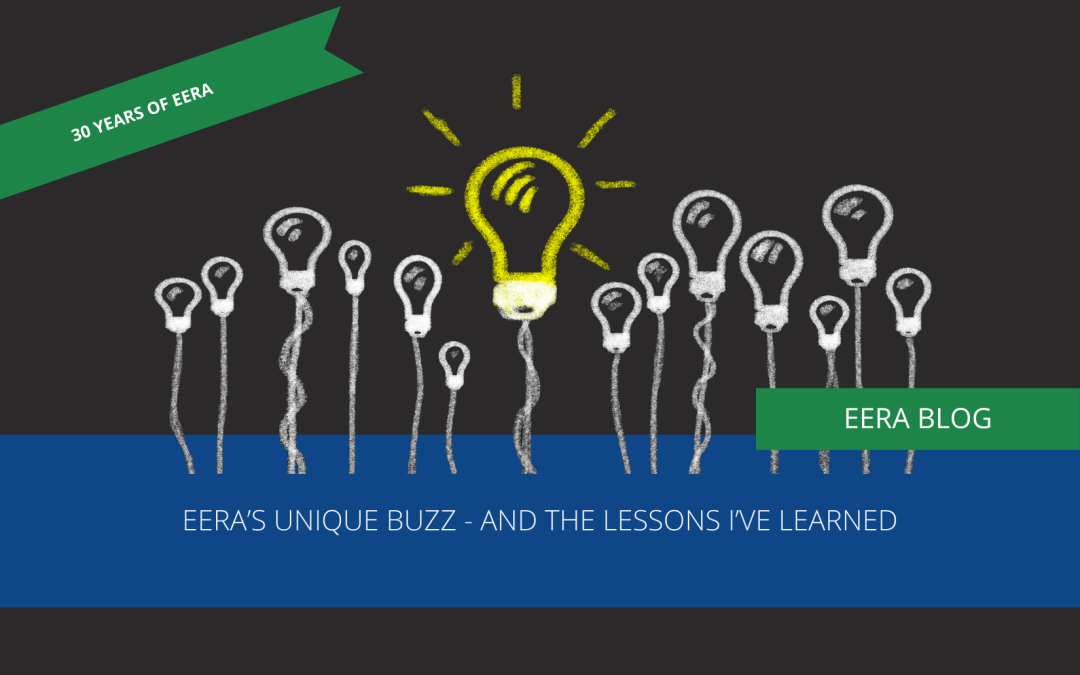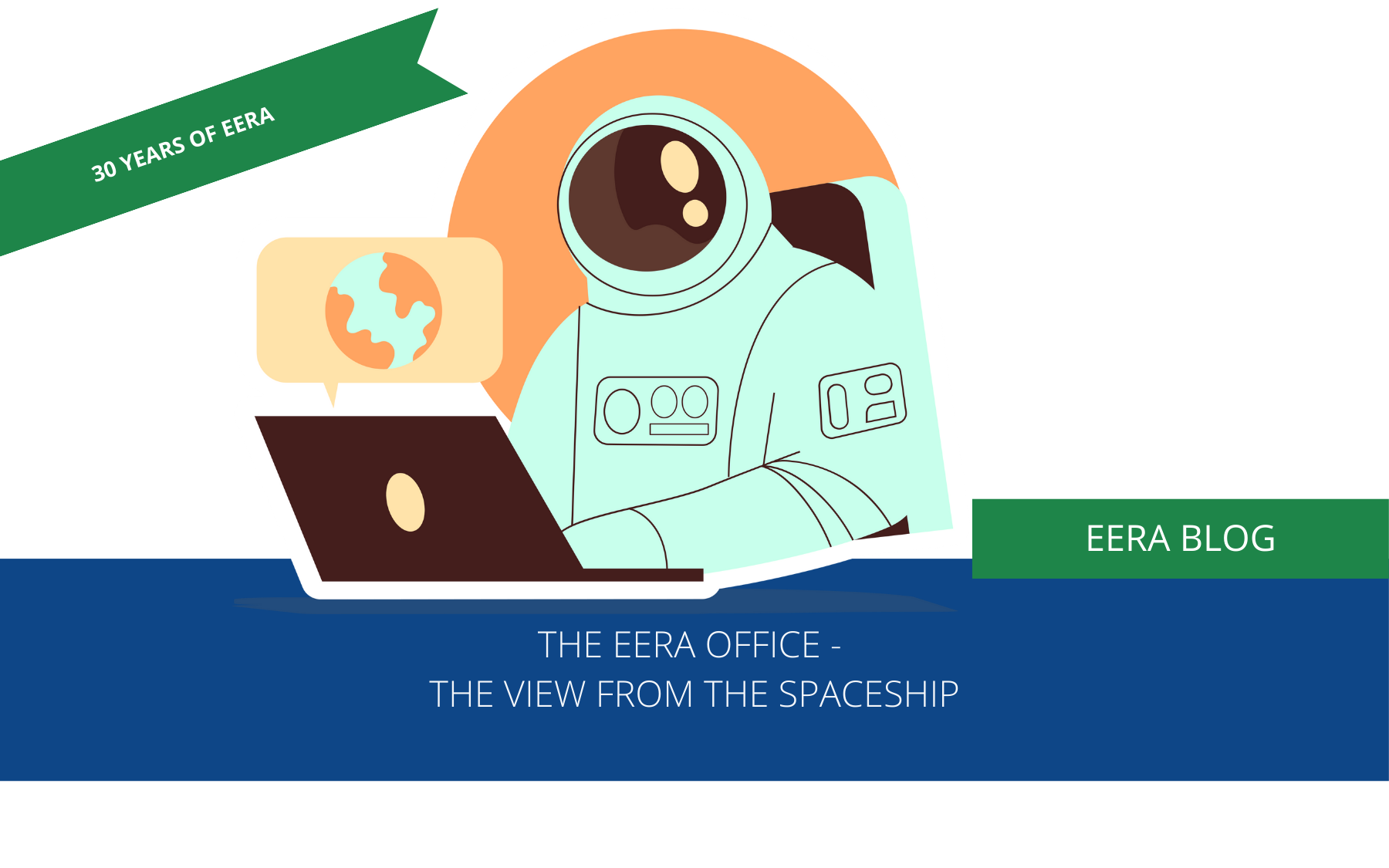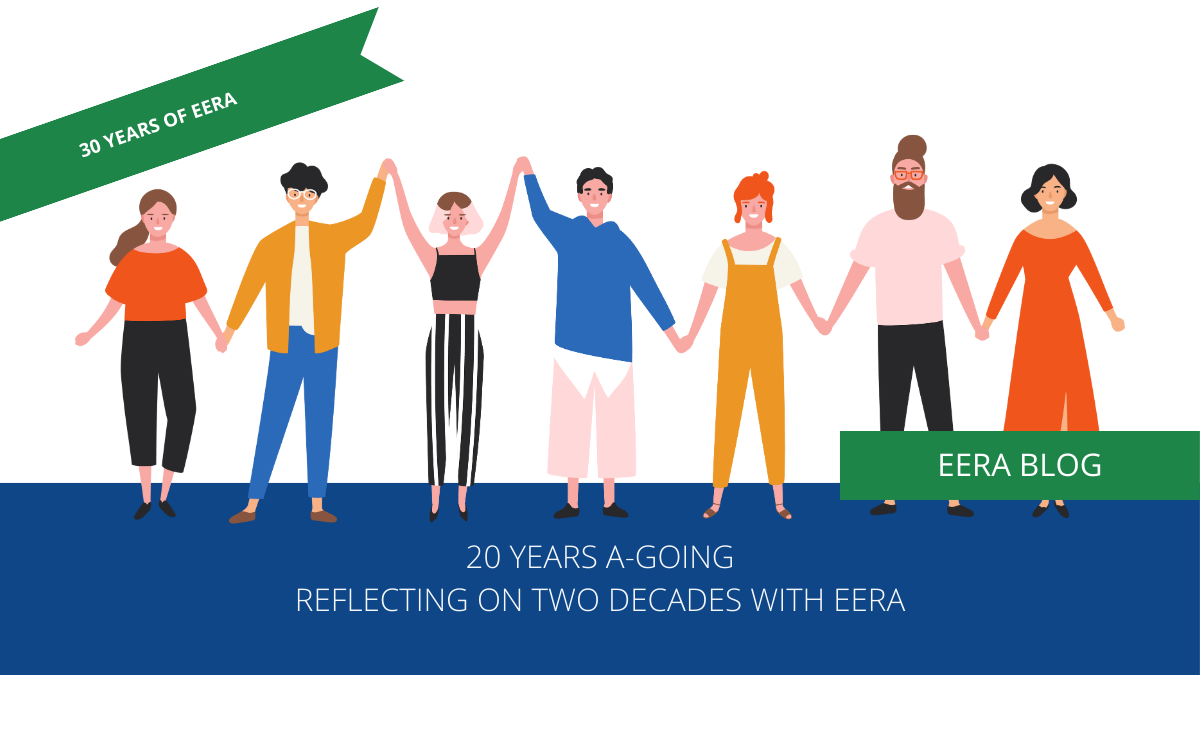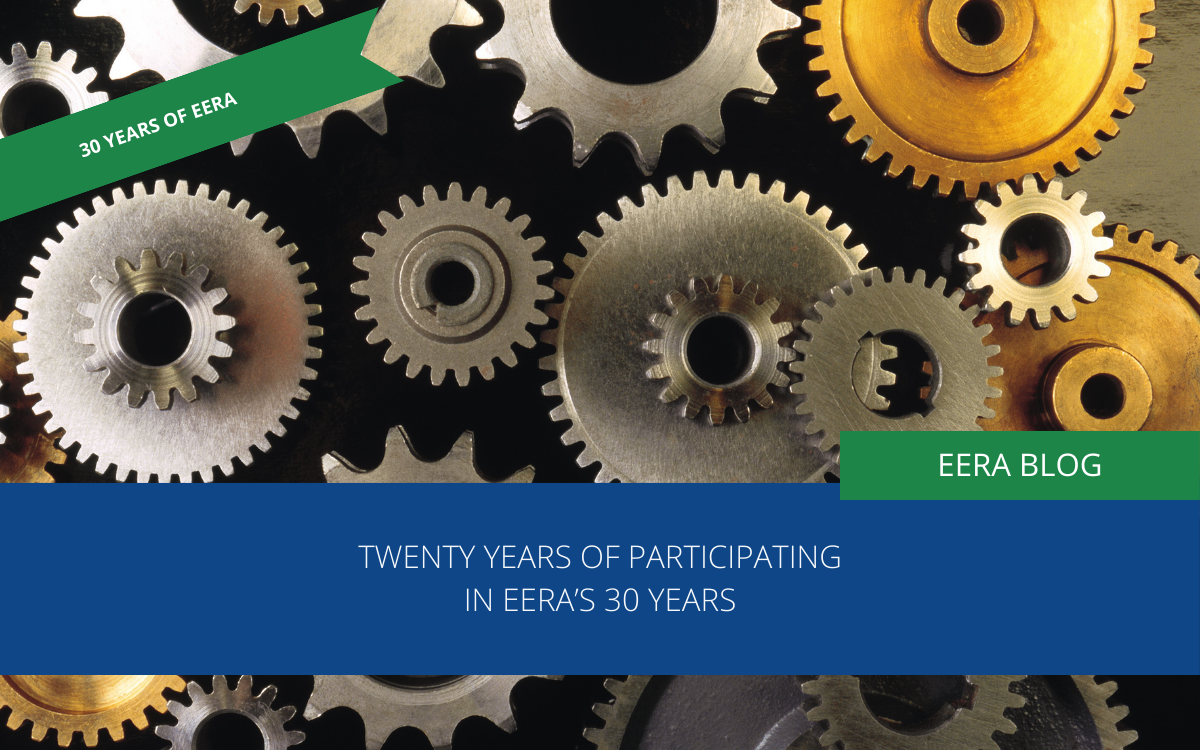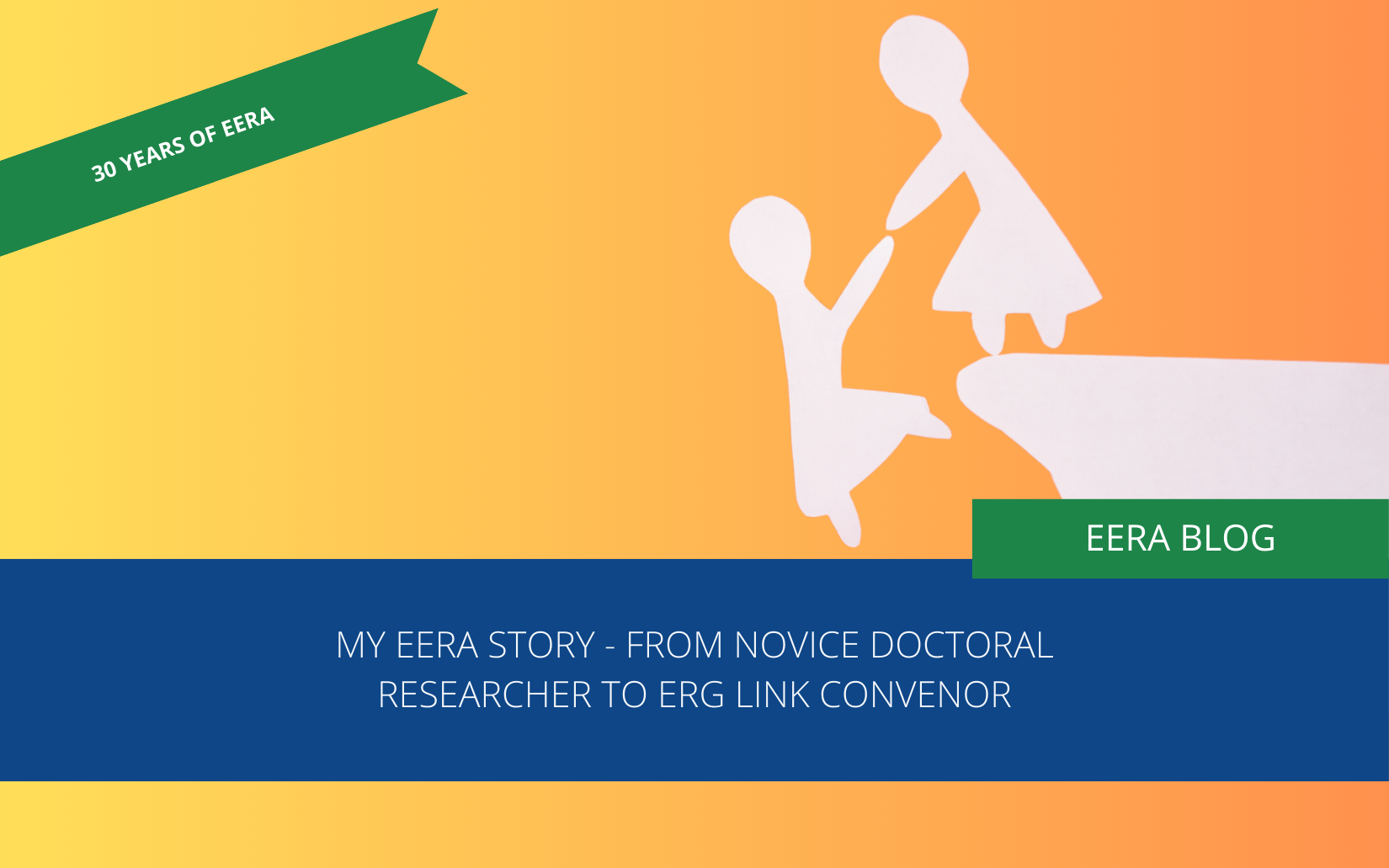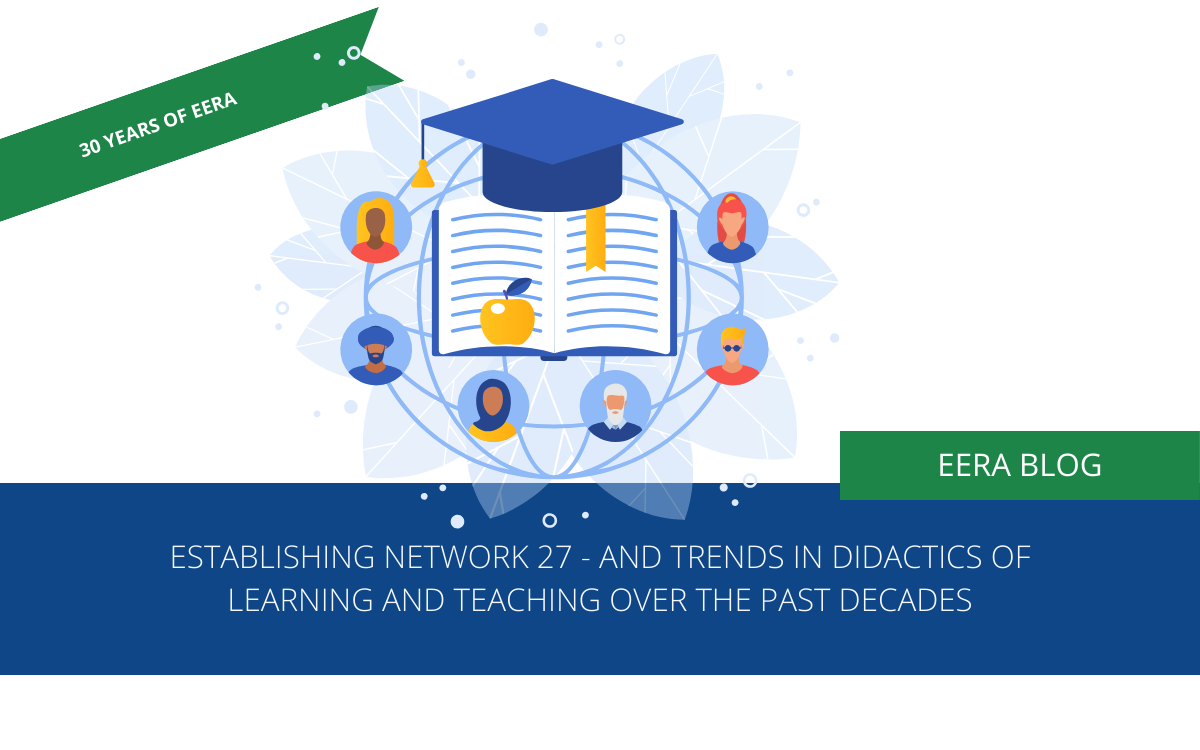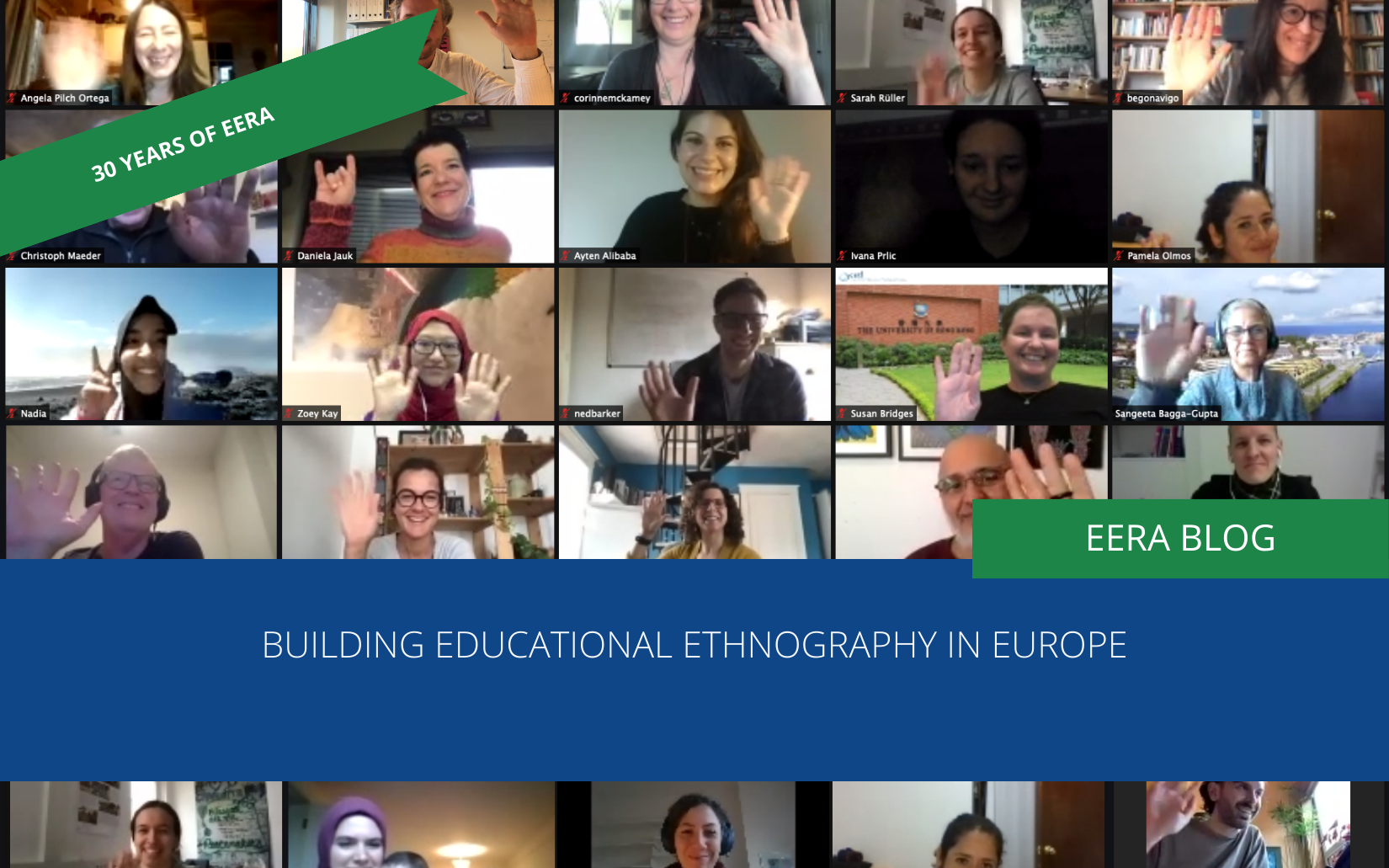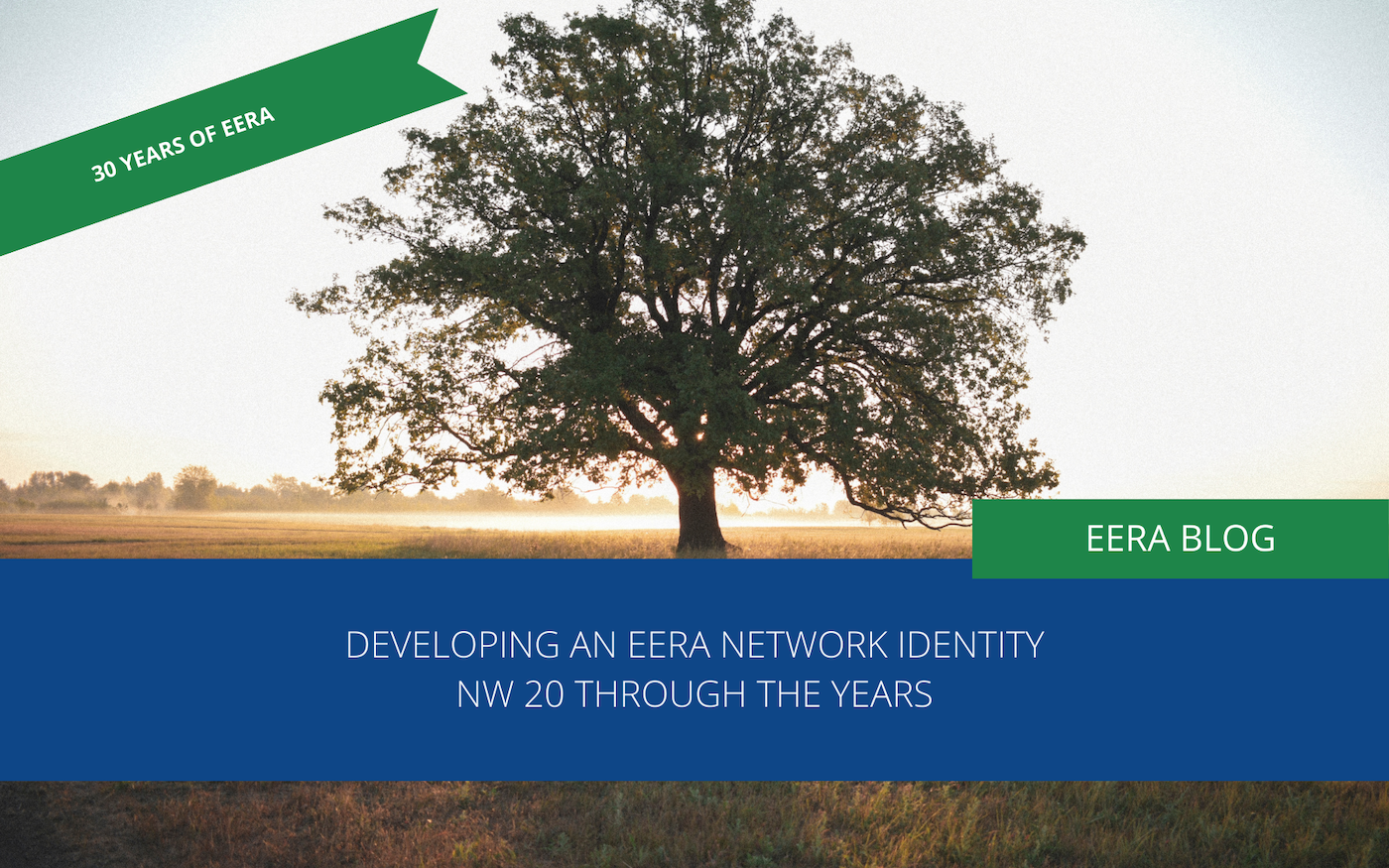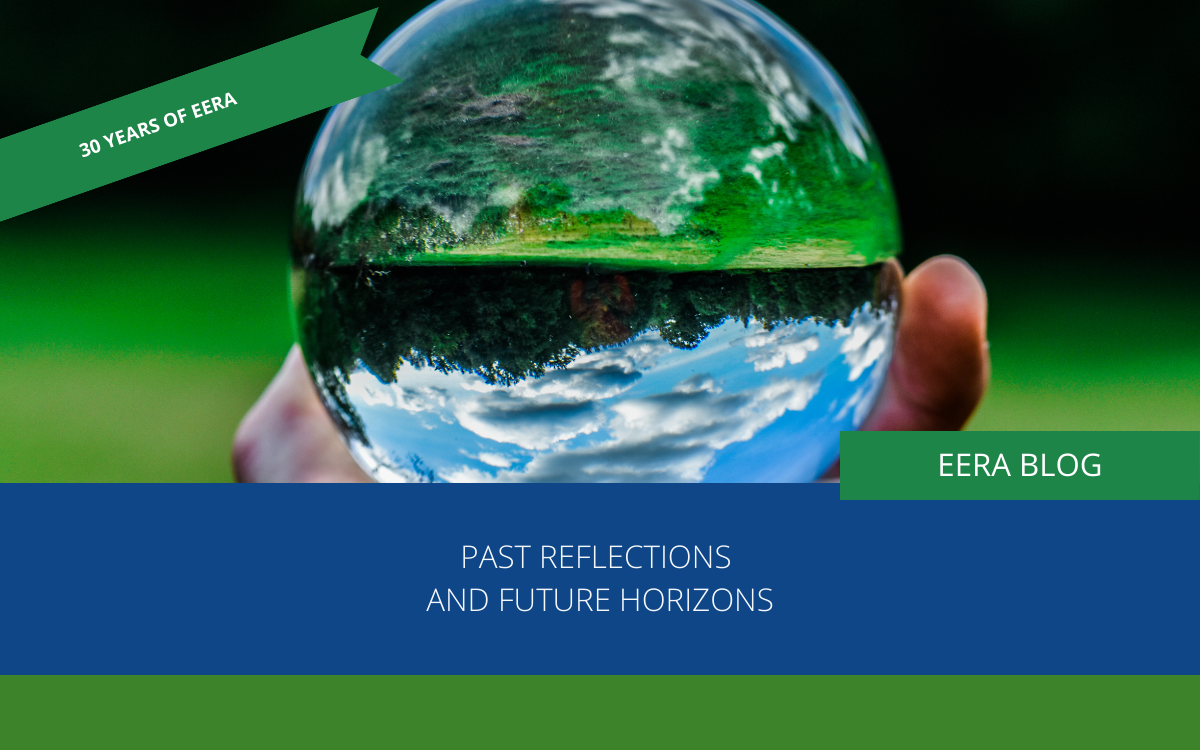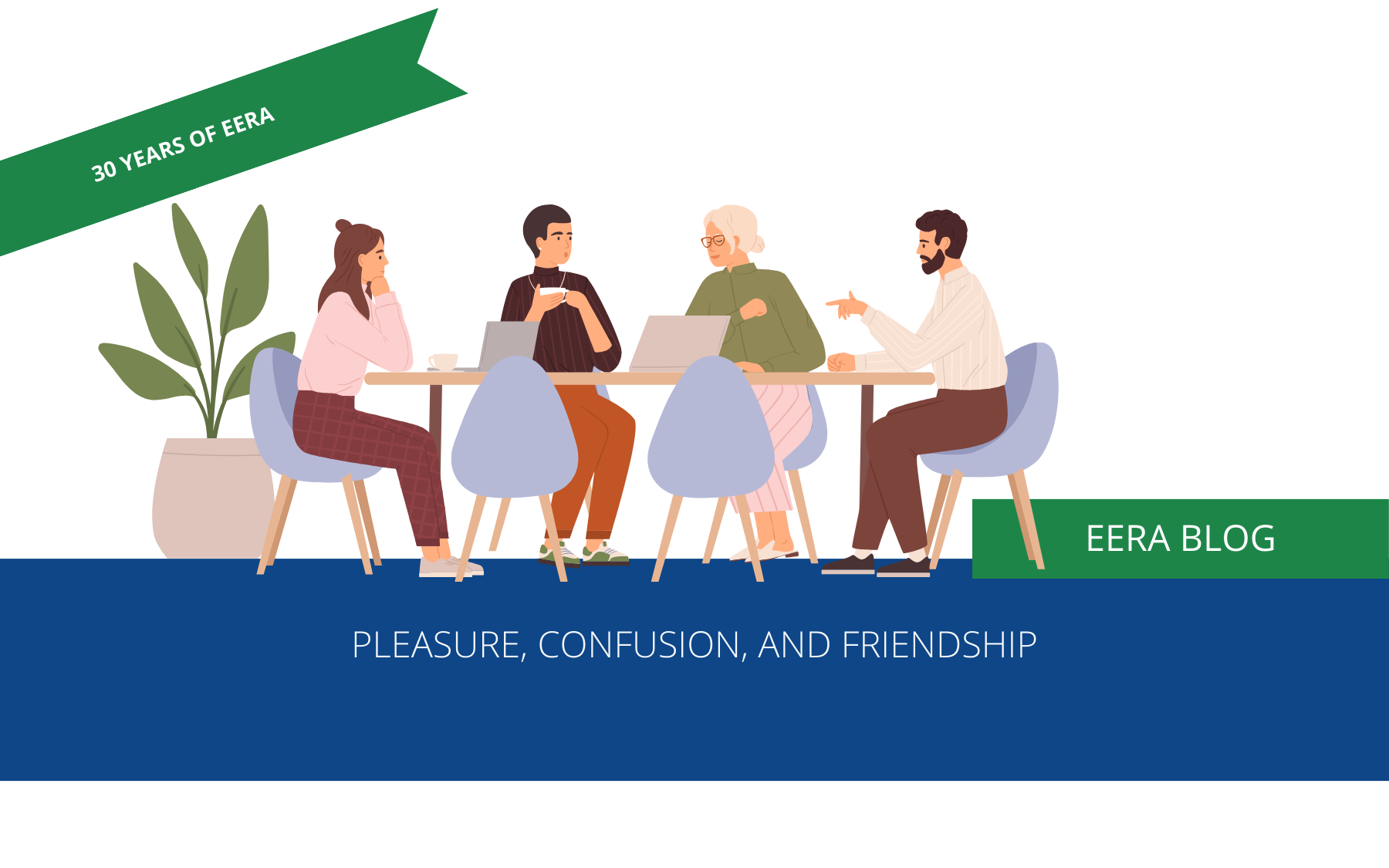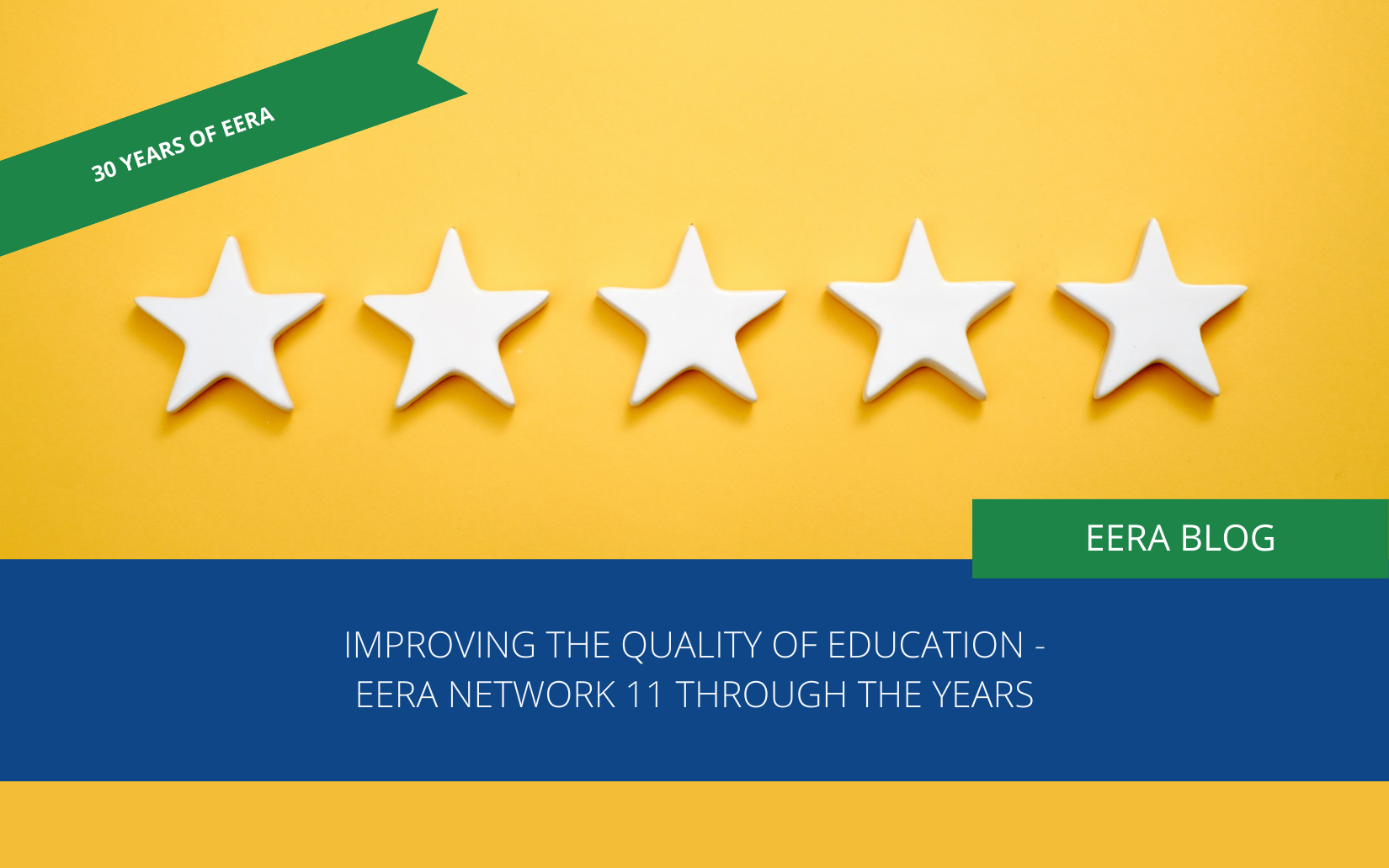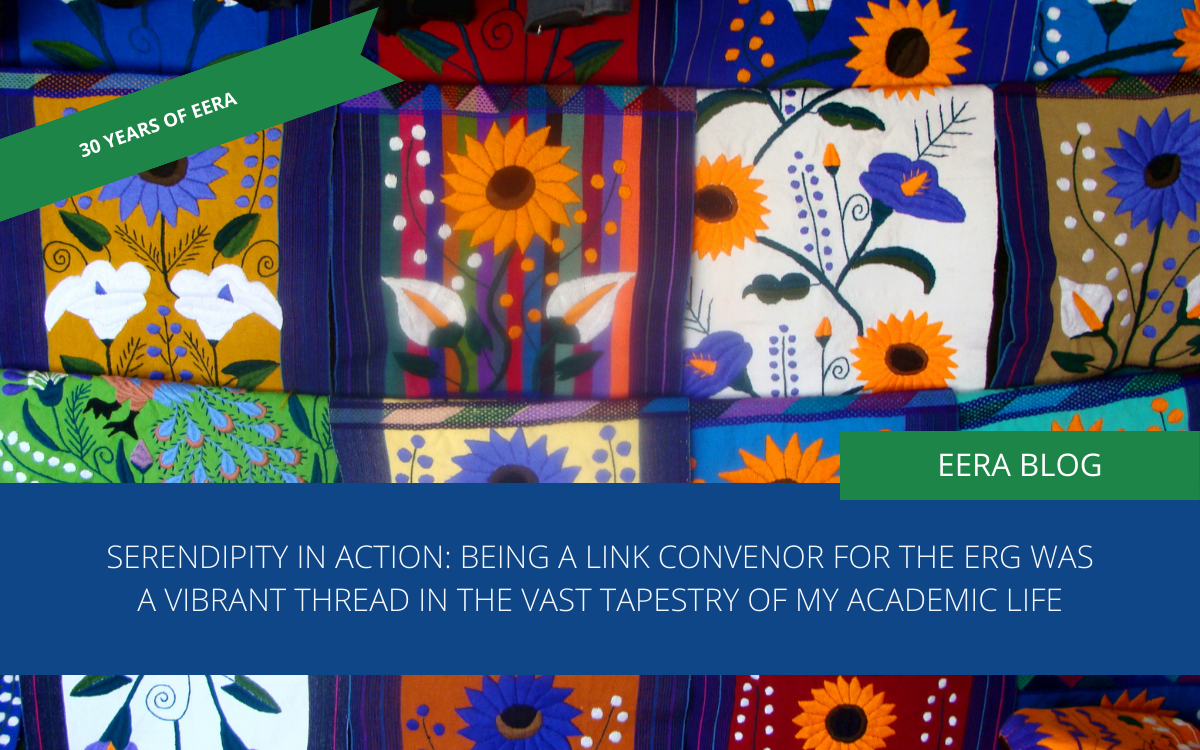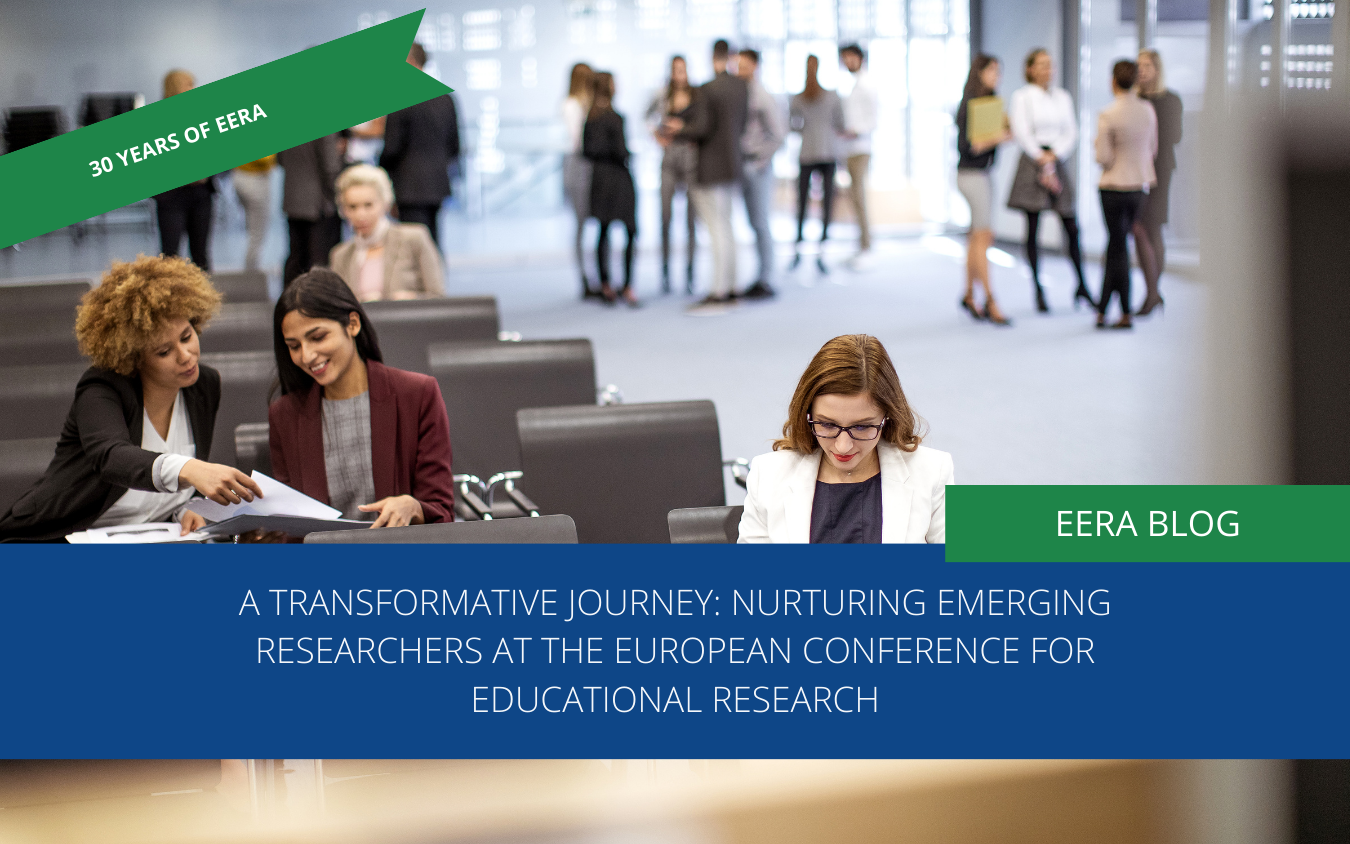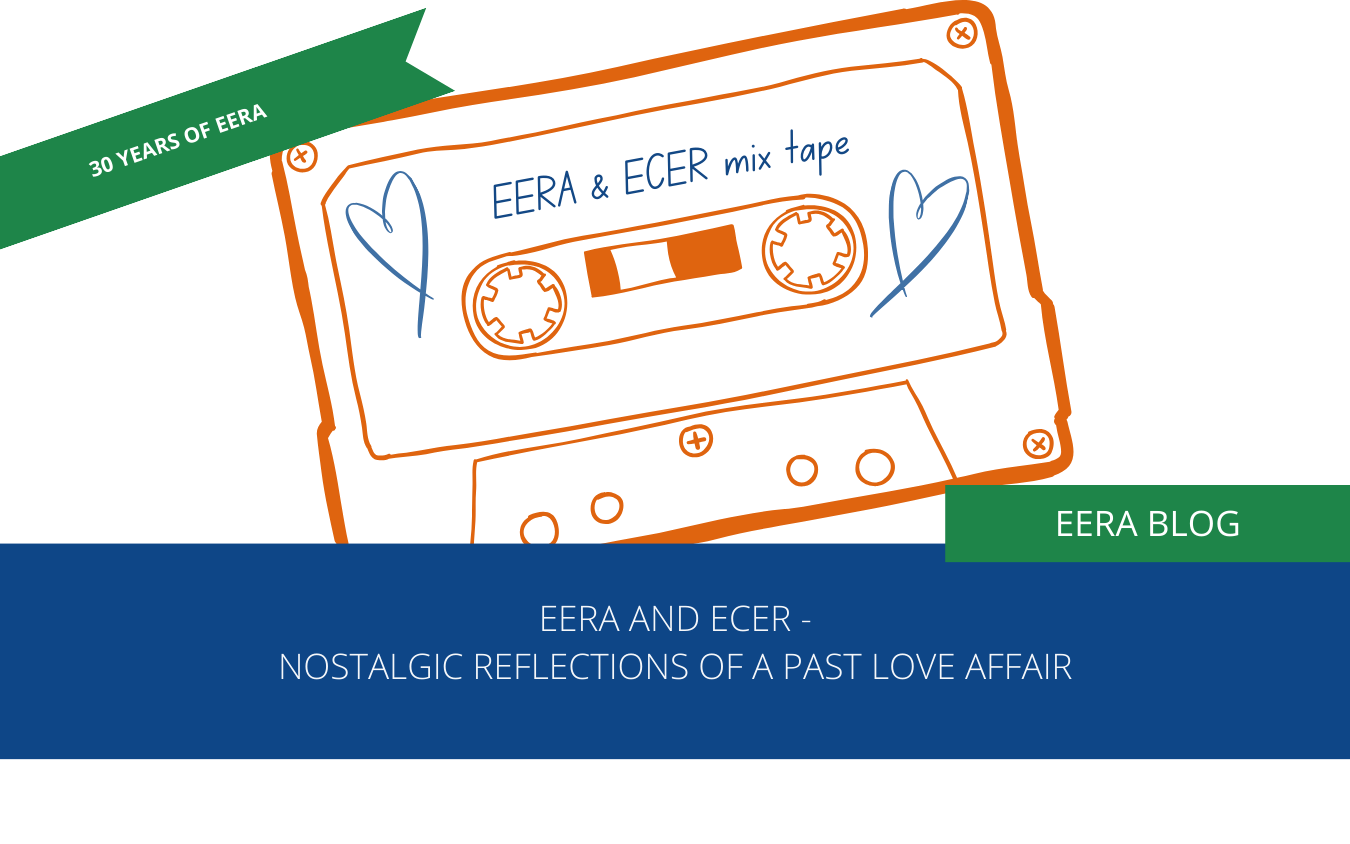EERA is celebrating 30 years in 2024, and as part of our anniversary celebrations, we have invited people who have been at the heart of the association to share their memories and reflections. In a series of blog posts, which will run throughout 2024, we will share those precious memories, from the people who helped foster the global EERA community.
In this blog post, Terri Seddon, Professor Emeritus of La Trobe University explains why the European Conference on Educational Research became her ‘first-choice’ academic conference, and worth the long-haul flights from her home in Melbourne.
The 1994 conference was unlike anything I’d experienced. I’d attended BERA but this joint conference with the newly formed European Conference on Educational Research (ECER) was quite different. The structure and sessions were standard, but the discussion, give and take, and energy distinguished this event.
That buzz drew me back to ECER year after year. I attended Frankfurt and Lahti, missed Seville and Ljubljana, then settled into ECER on a yearly basis. Between Edinburgh (2000) and Hamburg (2019), I only missed Lille and Copenhagen, despite twenty-hour long-haul flights from Melbourne. ECER became my first-choice academic conference. What was calling me?
The buzz became clearer at a small 2002 conference on globalisation and Europeanisation of education organised by Jenny Ozga at Keele University. She asked if I’d do the plenary. I agreed.
At dinner, the night before the conference, Jenny asked if I was ready to present.
‘But aren’t I at the end?’ I spluttered, voice squeaking with anxiety. Plenaries are concluding events in Australia: usually some wrap-up comments, sometimes provocative insights.
‘No, you’re first up tomorrow.’
After a long night, I presented that plenary, what I called an opening lecture. I have no memory of the content, but there was good discussion exploring our different views, with careful attention to language, meanings and how words were used.
Later that evening, chatting about the plenary, Edwin Keiner said, somewhat cryptically, ‘In Europe, we “offer”ideas’.
The anxious Australian learned many lessons from that plenary. I learned that words have geographies, meanings differ from place to place. I learned that anxiety affects presentation style, as do linguistic conventions, cultural habits and national histories. I learned that careful listening reveals speaker’s place-based cosmologies that contextualise what they say and how they build knowledge.
ECER offered theatre where I could watch Eurozone and Anglophone worlds in action. Aligned with ECER’s spirit of dialogue, I saw Anglophone researchers called out for speaking too fast in English. I noticed disrespectful listeners, not recognising a presenter’s halting English as their second, third or fourth language. Listening to words and silences, I grasped participant’s premises and forms of reasoning.
ECER’s theatrics showed words, stories and styles framed by place-based cosmologies. Mixed-nationality panels surfaced histories through boundaries and blind spots. Participant’s memories made relationships, systems and structures more understandable. Some ways of using words communicated and created hierarchies. Others offered a hospitality of voice that recognised what it meant to live, cheek-by-jowl, within and across sensitive borderlines.
ECER’s buzz drew me into a voyage of discovery and ECER’s offers shaped my reading of cultures and cosmologies. Conferences revealed shared cosmologies through resonances between people’s theories and biographies, and as spaces of story framed by faiths, fairies and fears. These communicative spaces recognised worlds beyond the material spaces of governing and experience, where powerful narratives play through people’s space of imagination.
Bringing these ECER insights back to Australia was hard because pragmatic, performative, can-do cultures treat the Machine as cosmology. In politics and everyday life there was wariness about things beyond the tangible, business-as-usual world. Secularism is significant. Awkward silences around First Nation’s celebration of Country disregard the cosmologies of continuous cultures over 60,000 years, cannot erode the sovereignty of mind that sustains Indigenous identities and cultures.
Looking back, I’m grateful for ECER’s buzz and its offers. They helped me question established stories, universalised knowledge, claims, and narratives that claimed to trump all others. Reconceiving contextualisation, I examined communicative spaces to identify probable and preferred practices of governing education and societies.
In 1994, ECER conversations offered the idea of an emerging ‘European educational space’ and documented practices of governing that changed education and societies. In 2024, climate change, toxic chemicals, and overpopulation challenge national governments and global governance, but people schooled into Machine mindsets are slow to respond to these legacies of colonial capitalism, despite threats of extinction.
So, I offer ECER a question: Can practices of governing that now steer the ‘European educational space’ be re-designed to re-shape the conscience of nations and their peoples through the emerging ‘Anthropocene educational space’?
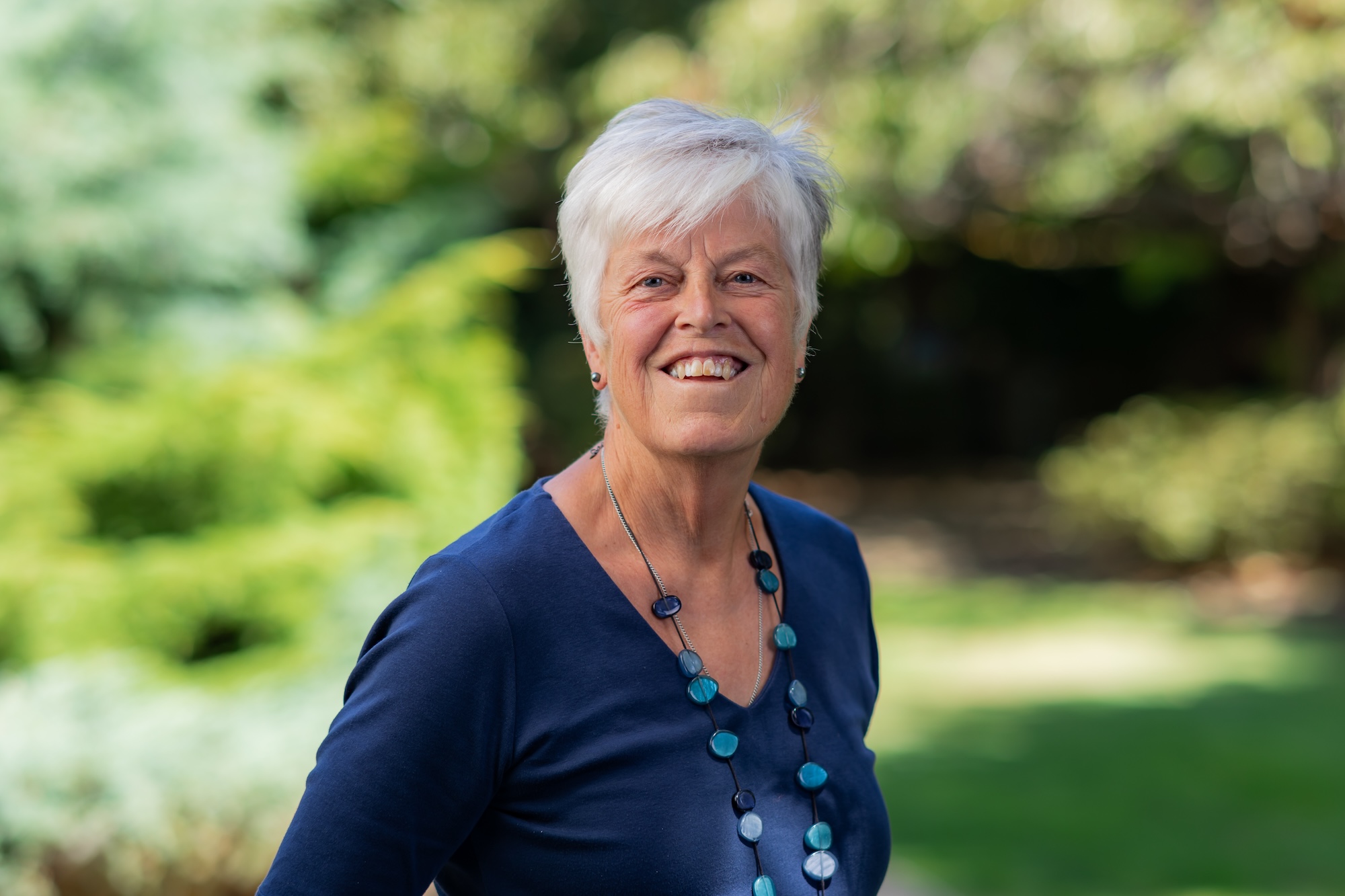
Terri Seddon
Professor Emeritus, La Trobe University, Melbourne
Dr Terri Seddon is Professor Emeritus at La Trobe University and Fellow of the Australian Academy of Social Sciences. She uses historical sociologies of education to understand continuity and change in governing, policy and professional knowledge building. A series editor of the World Yearbook of Education (2006-2021), Terri interrogated globalising education policies, complexities of powerlessness and the transforming effects of transnational knowledge building.

